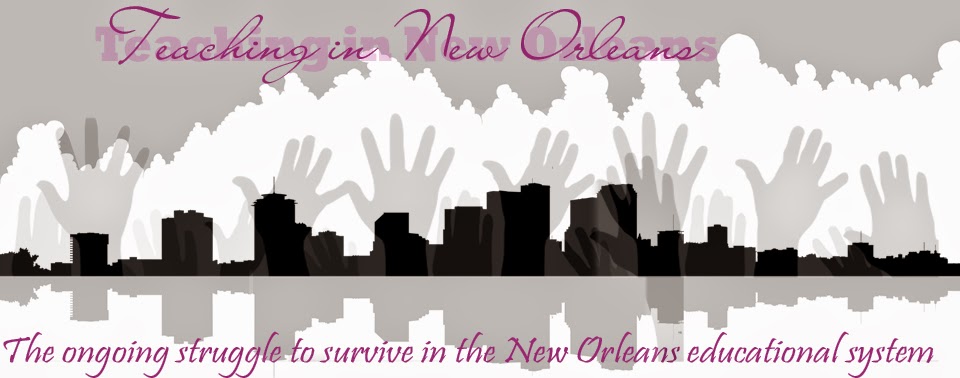As I grade my one-millionth SOAPSTone analysis of Dr. King's "I have a dream" speech, I am struck by my student's inability to read and analyze Dr. King's language. Even my advanced students. The sentence structure, length and use of figurative language makes this speech very difficult for students to read.
I have also noticed this with standardized test passages which tend to be older stories that are available through public domain. Stories written in the late 19th and early 20th century. And students struggle.
And, of course, I have to ponder why.
I have long felt like culture has impacted students' vocabulary; their incessant obsession with Youtube and social media platforms has them with far less exposure to varied words than the children of the 20th century had access to. I see now that it is more than that. They are disconnected from the language in general. They have virtually no concept of the use of language- how it is the way that we express ourselves and complex ideas-but rather they see it is simply as a thing that they do. They see it this way because there is no intentionality in their use of language, so they don't see intent in anyone else's use of language. They then become farther and farther removed from it.
My students work hard and I can see how it strains them to just not understand the words around them. New words that they've never seen or heard before. They feel lost oftentimes, as if they are in a foreign language class. And in front of them I stand, frustrated about the disparity that this system has caused. While legislation and politicians sought to close the "achievement" gap, they've effectively created a language gap between adults and children that affects everyone regardless of socioeconomic or ethnic background.
How can parents help?
My current students are middle class, in the least, and upper middle class at most. They are the children of doctors, lawyers, pharmacists, and business owners. Can their parents close this gap by talking to them more and in adult language?
When I scroll my social media, I see person and after person adopting the newest 'net lingo- which is often some version of an AAVE phrase or saying- working tirelessly to become integrated into our new digital society. Where has our complex language gone? Are the adults leaving this language at work, and reducing their own children's exposure to it?

